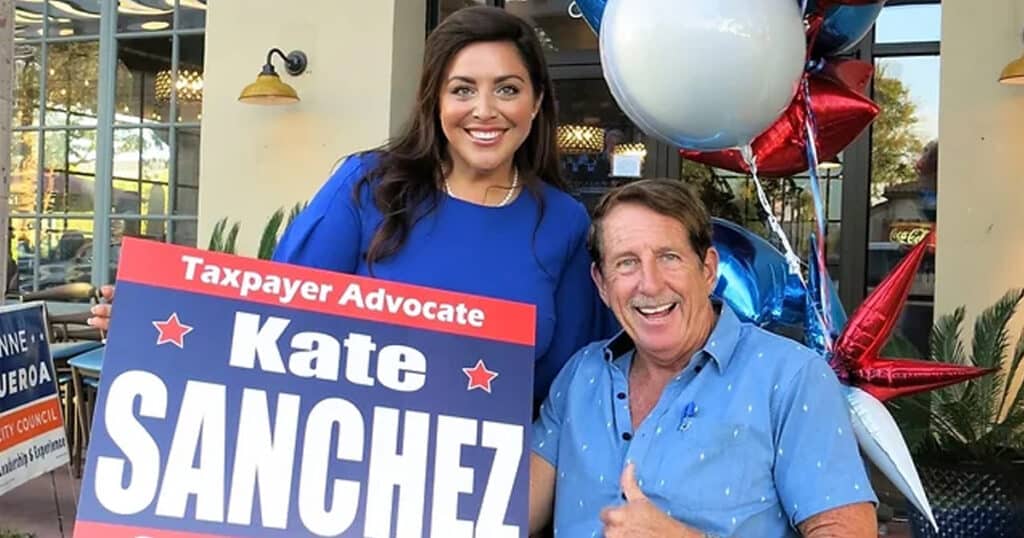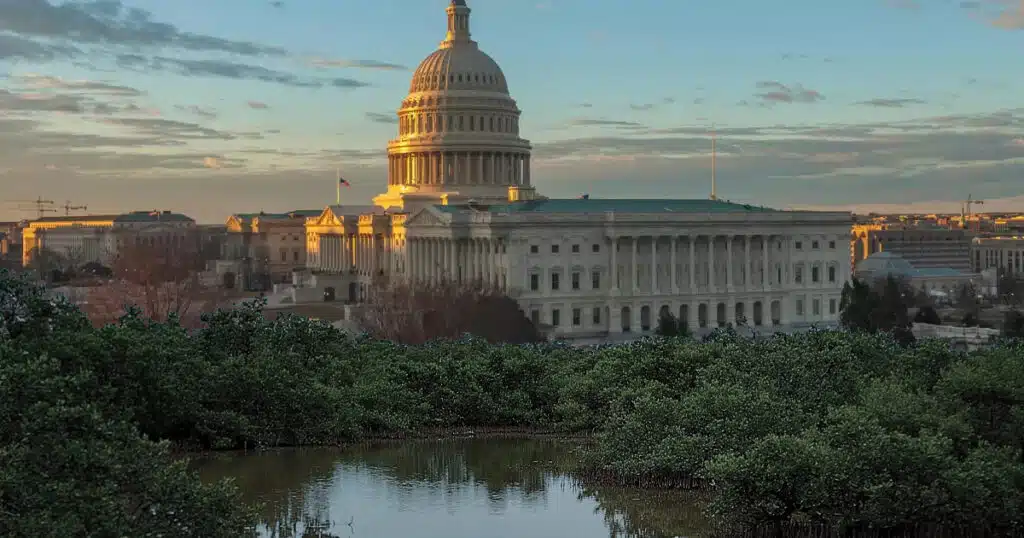
Inclusive Diversity? Not in California, Where GOP Lawmakers Still Kept Out of Latino Caucus
Based on the ongoing public lecturing offered up by Democrat lawmakers and activists about how there needs to be a greater level of social inclusiveness and civility and less party-centered rhetoric in political dialogue, you’d think the country’s finally reached a point where genuine social justice is the rule of the day.
Then again, there are those states like California, where Democrats cling to their decades-old partisan practices to the exclusion of other considerations, not the least of which is the apparent will of the electorate.
The recent midterm elections produced a record number of particularly Republican Latinos elected to the Golden State legislature. Nonetheless, Democrats have continued to ban Hispanic Republicans from joining California’s Latino Legislative Caucus.
The Sacramento Bee reports Republicans have always been barred from the caucus, which currently claims 11 senators and 24 Assembly members, Democrats all.
Created five decades ago, the group bills itself as a “forum for members of the State Senate and Assembly to identify key issues affecting Latinos and develop avenues to empower the Latino community throughout California.”
Kate Sanchez, a Latina Republican elected in the 71st District, which includes south Orange and southwestern Riverside counties, told Fox News voters in her district were focused on results, not party affiliation.
“They didn’t ask if I was a Latino Republican or a Democrat,” she said. “They wanted us to deliver results. They wanted to know we would fight for them.
“My colleagues and I have discussed at length we are focused on delivering for the district…That means we work on inflation…We work on education, making sure that children receive quality education no matter their zip code, and then we work on making our communities safer,” Sanchez continued.
“The issues that we care about and where we want to see Hispanics grow into, I feel, are the exact same,” Sanchez told the Orange County Register. “Making sure we have safe communities, opportunities for jobs, affordable cost of living and that our children are able to receive a quality education…Democrats versus Republicans doesn’t solve California’s issues and make it more affordable for all.”
Sanchez admitted she was “surprised” at first when she discovered she was not allowed to participate in the caucus, but then chalked it up to the “hypocritical” way far-left Democrats strongly defend their agenda of supposedly encouraging diversity, equity, and inclusion, until they meet someone like Sanchez they don’t agree with
“When you have a diverse group of people qualifying and ever advocating and having the discussions on any issue, you bring more balanced policy,” Rosilicie Ochoa Bogh, who has the distinction of being the first Latina Republican state senator in California history, told Fox News host Pete Hegseth during a recent episode of the “Hannity” program. “I think… at the bottom of it all, it’s just, it has to do with fear, at least now, but I think it’s a great opportunity right now to reassess where we are as a state and reassess where the Latino caucus is in California.”
Sanchez told Fox not being able with her fellow Latino lawmakers will not hinder her efforts to represent everyone in her district, regardless of partisanship.
State Assemblywoman Sabrina Cervantes, chair of the Latino caucus, provided a statement to the Sacramento Bee: “For 50 years, the California Latino Legislative Caucus has advocated for the nearly 16 million Latinos in California. The CLLC will continue as our founding memberships’ precedent set forth.”
In another region of the country also regarded for its oranges, Florida Rep. Byron Donalds (R) has also been excluded from the Black congressional caucus on the federal level.
Fox News contributor Deroy Murdock argued the ban may ultimately prove an effort to preserve the Democrat party’s influence on the electorate, despite claiming it advocates for “Black progress.”
The Congressional Black Caucus is “not really about Black progress, they’re about the advancement of big government liberalism, big government socialism, and the preservation of the Democrat Party’s political power,” Murdock said. “It’s less about celebrating Black achievement than maintaining the ongoing power of the Democrat Party,” he continued. “That’s really what they’re all about, and having a bunch of Republicans in the room does not that doesn’t help that objective at all.”
Meanwhile, back in California, there are actually two caucuses dedicated to Asian American and Pacific Islander lawmakers in Sacramento. And while one of the groups is limited to Democrats, there other is bipartisan, as explained by Assemblymember Evan Low, who leads both groups.
As such, Assembly freshman Tri Ta, who is ethnic Vietnamese, is, indeed, allowed to caucus with her fellow AAPI colleagues.
“I am proud to be the voice of a district that is 40 percent Asian American and has the largest Vietnamese population outside of Vietnam,” said Ta, who represents the 70th District in Orange County.
“I look forward to having conversations with other legislators who represent the AAPI community to ensure that we are creating policies that make California safer and more affordable.”



